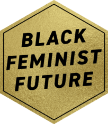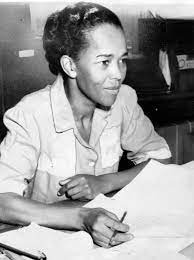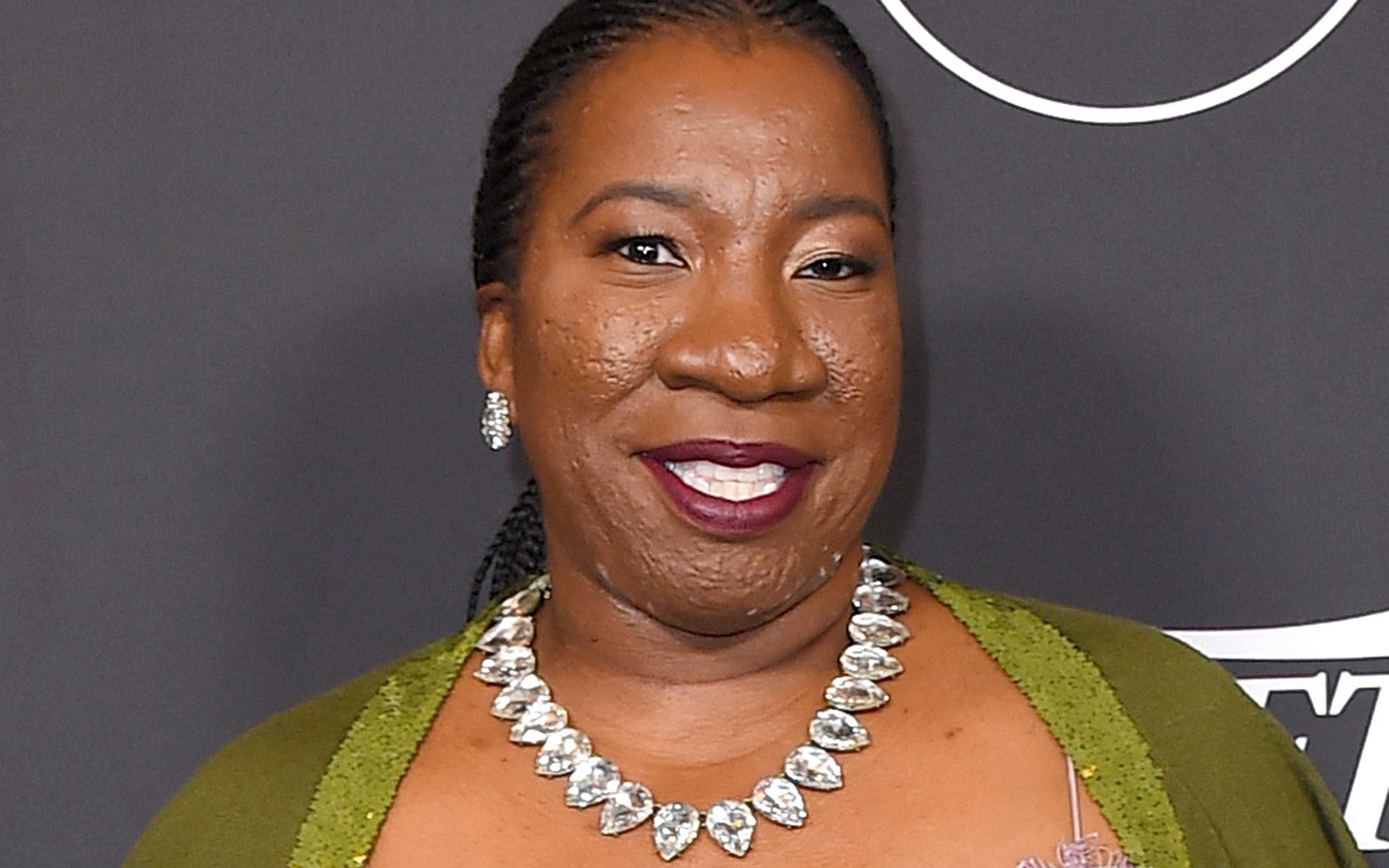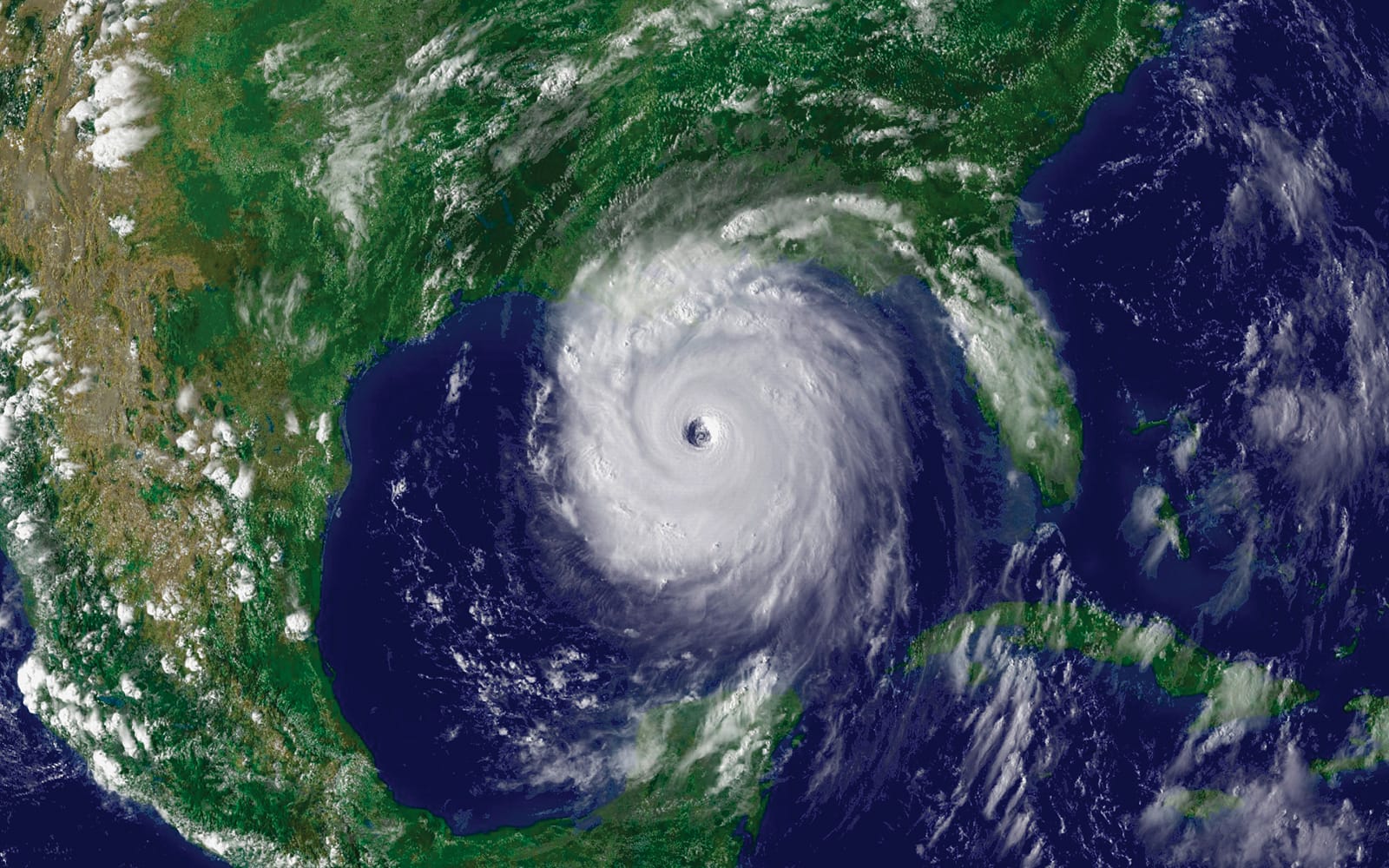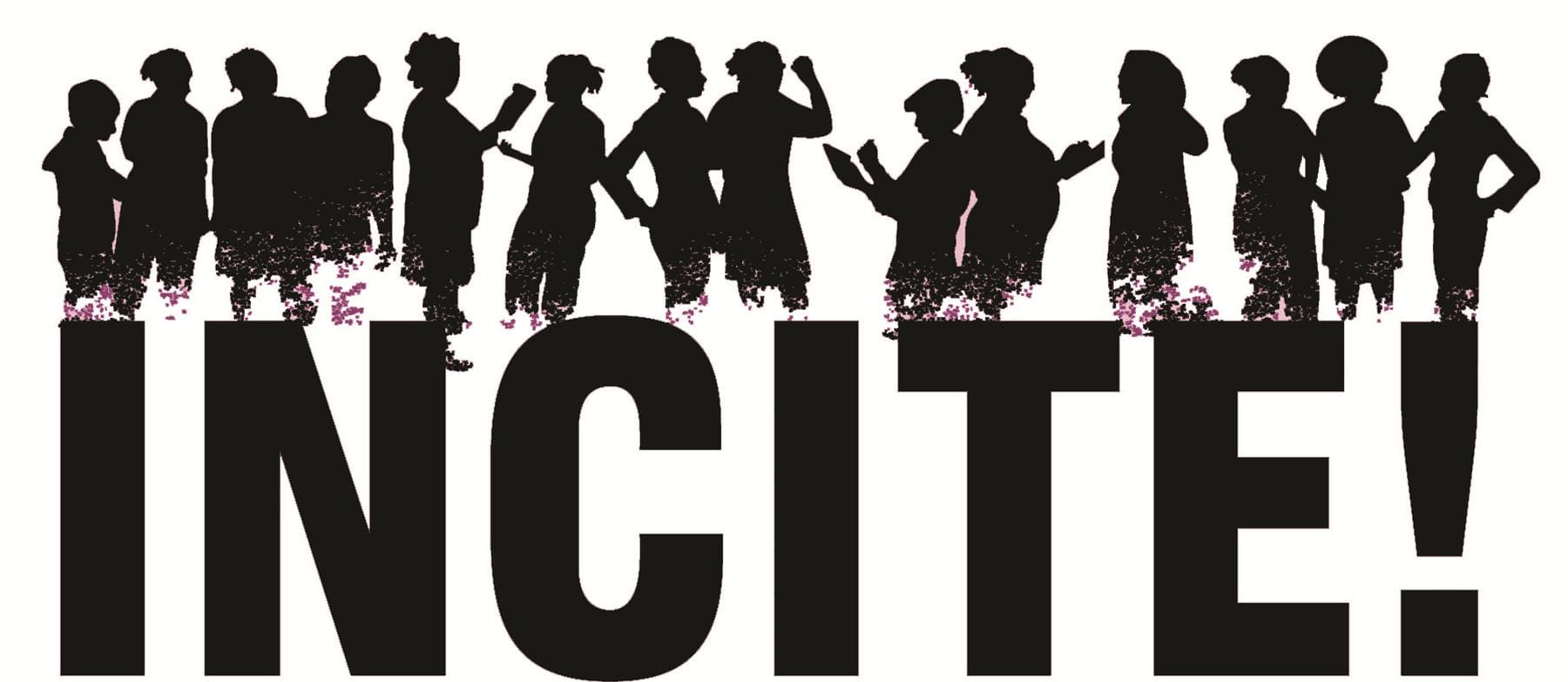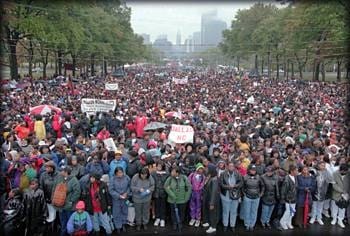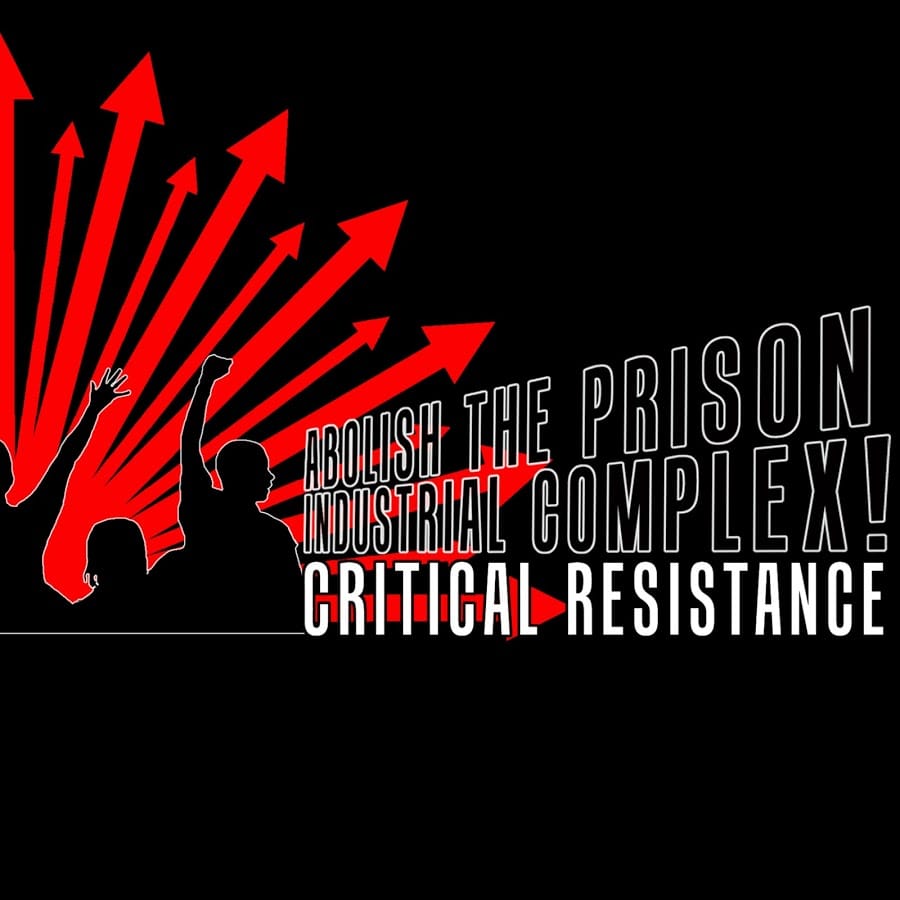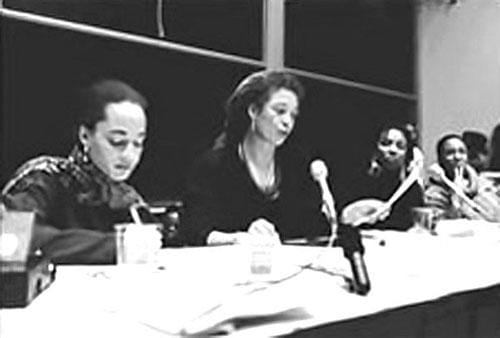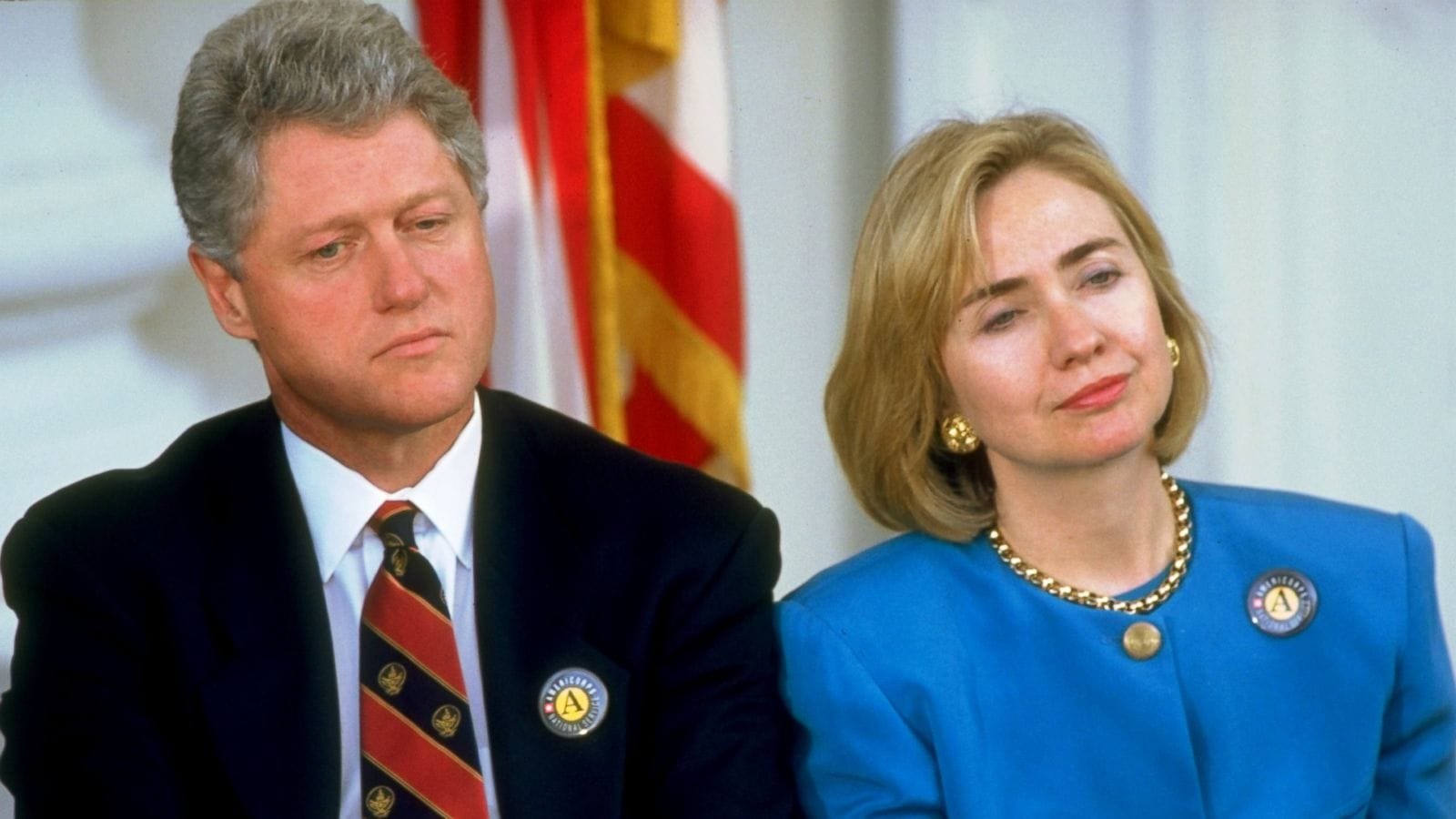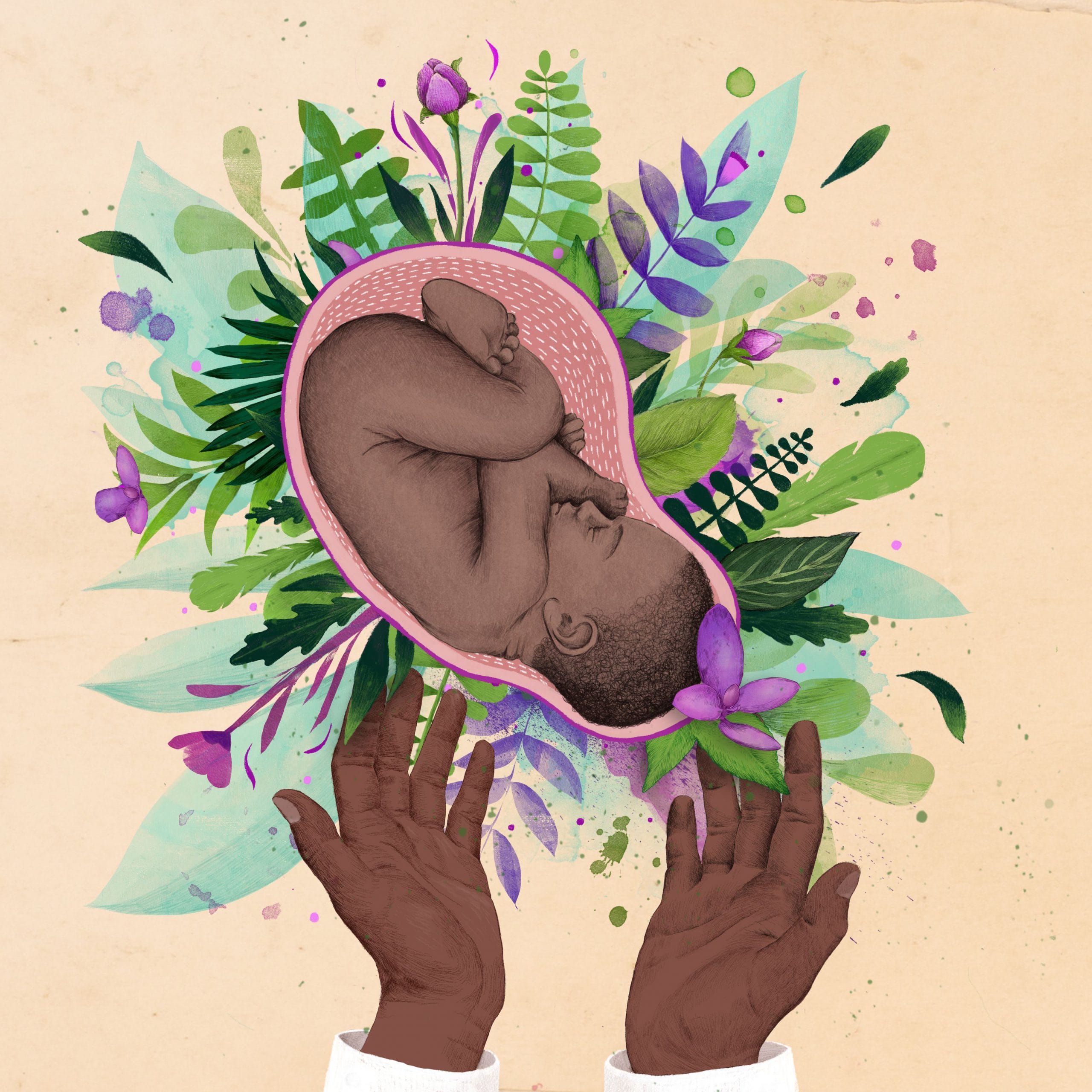In the humanist democratic radical tradition of Ella Josephine Baker, Ella’s Daughters seeks to establish a network of women poised to create and lead a sustained movement with a multi-issue focus in the 21st century. Ella’s Daughters publicizes progressive organizations, creates awareness on Ella Baker’s legacy, convenes activists, and facilitates a variety of art and social justice–themed projects.
Category: Action Points
Me Too
The ‘me too.’ movement was founded by survivor and activist Tarana Burke in 2006. The movement focuses on providing resources and support for survivors while also training advocates to interrupt sexual violence. In 2017, the hashtag #MeToo went viral, and the local grassroots movement became a global movement to center survivors and hold perpetrators of sexual violence accountable for their actions.
Hurricane Katrina
On August 25, 2005, Hurricane Katrina made landfall in Louisiana and resulted in the death of approximately 1,800 people. Due to the death rate and the magnitude of destruction, Katrina is referred to as one of the worst storms in U.S. history. Katrina, which disproportionately impacted low-income Black communities, shed light on how negligent and unresponsive the government is to issues that impact our lives.
INCITE! Women of Color Against Violence
INCITE! is a network of radical feminists of color organizing to end state violence and violence in our homes and communities. Formed in 2000 at The Color of Violence: Violence Against Women of Color conference, INCITE! has created grassroots chapters across the country, launched political projects mobilizing women of color against violence, and hosted numerous conferences that have attracted and inspired thousands of people.
Black Feminist Caucus of the Black Radical Congress 1998
In 1998, the Black Radical Congress (BRC) took place in Chicago with the intent to promote dialogue between Black activists and scholars. Within the BRC, the Black Feminist Caucus formed as a space to strategize on how to connect Black feminist theories to the struggles of “working-class and poor Black women.” They organized to ensure that Black women’s concerns were centered as the BRC developed its Black Freedom Agenda for the 21st century.
The Million Women March
On October 25, 1997, approximately 750,000 Black women gathered to march in Philadelphia as part of the Million Woman March, an event centered on unifying Black women and giving them space to voice their concerns. The march was organized by two grassroots activists in Philadelphia: Phile Chionesu and Asia Coney. The Million Woman March, which did not rely on promotion from the leading icons of the civil-rights movement, became one of the largest gatherings of women across the globe.
Critical Resistance
Critical Resistance was formed in 1997 when activists challenging the idea that imprisonment and policing are a solution for social, political, and economic problems came together to organize a conference that examined and challenged what we have come to call the prison industrial complex (PIC). Held in Berkeley, California, in September 1998, the conference brought together over 3,500 activists; academics; former and current prisoners; labor leaders; religious organizations; feminists; gay, lesbian, and transgender activists; youth; families; and policymakers from literally every state and other countries. The three-day event featured nearly 200 different panels and workshops. The conference also included a number of cultural events and a film festival. While the conference was a huge success, Critical Resistance recognized that its work had only begun. The goal of Critical Resistance was, and continues to be, building a movement to eliminate the prison industrial complex.
Black Women in the Academy: Defending Our Name Conference
Black Women in the Academy: Defending our Name, 1894–1994, was a national conference to discuss the experiences of Black women in academia. The conference took place between January 13-15, 1994, at the Massachusetts Institute of Technology (MIT) and was attended by more than 2,000 people.
1994 Crime Bill
The Violent Crime Control and Law Enforcement Act, also known as the 1994 Crime Bill, resulted in tougher prison sentences and increased funds for states to build more prisons. The bill aimed to fund 100,000 more police officers and encouraged police officers to carry out more drug-related arrests. The 1994 Crime Bill was spearheaded by Joe Biden, who oversaw the Senate Judiciary Committee.
Black Maternal and Infant Mortality
Due to structural racism, Black pregnant people receive low-quality medical care, which can lead to life-threatening complications for them and their infant(s). Despite the decrease in cases of maternal mortality in the 1980s, maternal deaths in the U.S. began to increase in the 1990s. Currently, Black children are more than two times likely to die during infancy than white children. Additionally, Black mothers are more than three times likely to die due to childbirth-related complications than white mothers.
